Table of Contents
- Understanding Cholesterol
- Impact of Diet on Cholesterol
- Creating a Healthy Eating Plan
- Incorporating Physical Activity
- Importance of Portion Control
- Including Superfoods in Your Diet
- Tips for Sustainable Weight Loss
1. Understanding Cholesterol
Begin by understanding what cholesterol is, its types, and its impact on overall health.
2. Impact of Diet on Cholesterol
Explore how diet affects cholesterol levels and learn about foods that can help lower bad cholesterol (LDL) and raise good cholesterol (HDL).
In the United Kingdom, a healthy diet plays a significant role in reducing cholesterol levels and aiding in weight loss. By making mindful dietary choices, individuals can effectively improve their overall health and well-being.
Lowering Cholesterol Levels
A diet aimed at reducing cholesterol levels involves minimizing the intake of saturated and trans fats. These fats are commonly found in processed foods, deep-fried items, and fatty meats. Instead, it is advisable to incorporate more unsaturated fats into the diet, such as those found in nuts, seeds, avocados, and olive oil.
Increasing the consumption of dietary fiber is another important aspect. Foods high in fiber, like fruits, vegetables, and whole grains, help in reducing cholesterol levels by binding to it and aiding in its excretion from the body.
Weight Loss and its Connection to Cholesterol
Obesity is often associated with high cholesterol levels. Adopting a balanced diet and incorporating regular physical activity into your routine can promote weight loss and consequently improve cholesterol levels. Reducing the intake of processed and sugary foods while focusing on whole foods can contribute to sustainable weight loss.
Important Tips for a Healthy Diet
- Consume lean proteins like fish, skinless poultry, and legumes.
- Choose whole grain options for bread, pasta, and cereals.
- Include plenty of fresh fruits and vegetables in your meals.
- Limit the intake of high-fat dairy products like cheese and butter.
- Avoid sugary beverages and opt for water, herbal tea, or freshly squeezed juices instead.
- Moderate your salt intake and season your dishes with herbs and spices for flavor.
Remember, always consult with a healthcare professional or nutritionist for personalized advice based on your specific needs and health conditions.
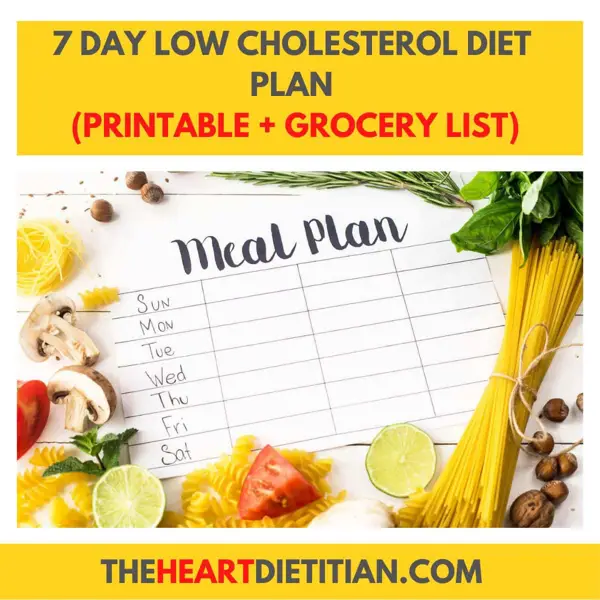
3. Creating a Healthy Eating Plan
Discover key elements to include in your diet plan to effectively lower cholesterol and support weight loss.
A healthy eating plan plays a crucial role in maintaining good health and managing conditions like high cholesterol and weight. Here are three key steps to create an effective diet plan that focuses on lowering cholesterol and promoting weight loss in the UK:
1. Assessing Your Current Eating Habits
Start by evaluating your current eating habits and identifying areas that need improvement. Keep track of what you eat and drink for a few days, including portion sizes. Look for patterns of unhealthy choices, excessive calorie intake, or high cholesterol foods.
It is recommended to limit the consumption of saturated fats, trans fats, and cholesterol-rich foods like fatty meats, fried snacks, processed baked goods, and full-fat dairy products. Replace them with healthier options like lean meats, whole grains, fruits, vegetables, and low-fat dairy.
2. Designing a Balanced Meal Plan
Create a balanced meal plan that incorporates all essential nutrients while meeting your calorie and cholesterol goals. Include a variety of foods from each food group:
- Proteins: Choose lean sources like poultry, fish, beans, and legumes.
- Grains: Opt for whole grains such as brown rice, whole wheat bread, and quinoa.
- Fruits and Vegetables: Aim for a rainbow of colors to get a wide range of nutrients.
- Dairy: Select low-fat or fat-free options like skim milk, Greek yogurt, or cottage cheese.
Plan your meals in advance to ensure a well-balanced diet throughout the week. Avoid skipping meals and try to eat smaller portions at regular intervals to keep your metabolism steady.
3. Incorporating Healthy Lifestyle Habits
Creating a healthy eating plan goes beyond just food choices. Adopting healthy lifestyle habits can further support your efforts in managing cholesterol and weight. Here are some recommendations:
- Stay Hydrated: Drink plenty of water throughout the day.
- Exercise Regularly: Engage in physical activities like walking, jogging, or cycling.
- Manage Stress: Practice stress-relief techniques like meditation or yoga.
- Avoid Excessive Alcohol Intake: Limit alcohol consumption as it can contribute to weight gain and high cholesterol levels.
- Seek Professional Guidance: Consult with a registered dietitian or healthcare professional for personalized advice.
Remember, a healthy eating plan should be sustainable and tailored to your individual needs. By following these steps and making gradual changes, you can create a well-rounded diet to lower cholesterol, achieve weight loss, and improve your overall well-being.
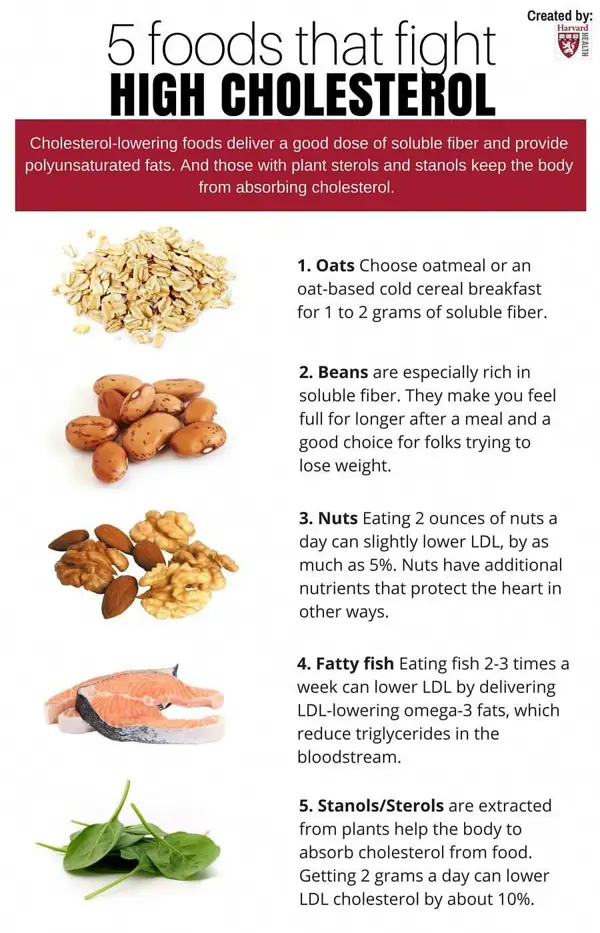
4. Incorporating Physical Activity
Find out why exercise is essential for cholesterol reduction and weight management and learn about different activities to consider.
Maintaining a healthy lifestyle is crucial for our overall well-being. In the UK, a significant number of individuals suffer from high cholesterol levels and struggle with weight management. Fortunately, incorporating physical activity into our diet can greatly contribute to lowering cholesterol levels and achieving weight loss goals.
Why is it Important?
High cholesterol levels can lead to various health problems such as heart disease and stroke. Engaging in regular physical activity not only helps lower LDL (bad) cholesterol but also increases HDL (good) cholesterol levels. By incorporating exercise into your daily routine, you can actively combat the adverse effects of high cholesterol and reduce the risk of associated diseases.
Additionally, physical activity is essential for weight loss. It helps burn calories, boosts metabolism, and increases muscle mass, resulting in a healthier body composition. Combining exercise with a balanced diet will lead to sustainable weight loss and a reduced risk of obesity-related conditions.
How to Incorporate Physical Activity
Incorporating physical activity into your diet can be done in several ways. It is recommended to aim for at least 150 minutes of moderate-intensity aerobic exercise, such as brisk walking or cycling, per week. Additionally, engaging in muscle-strengthening activities on two or more days a week is beneficial for overall health.
Here are some simple ideas to help you get started:
- Take the stairs instead of using elevators or escalators.
- Go for a walk or jog during your lunch break.
- Participate in group exercise classes such as aerobics or yoga.
- Try swimming or dancing as enjoyable alternatives to traditional workouts.
Lowering cholesterol levels and achieving weight loss is an attainable goal with the inclusion of regular physical activity in your diet. By committing to an active lifestyle, you can significantly improve your overall health, reduce the risk of heart disease, and maintain a healthy weight. Consult with a healthcare professional for personalized advice and start incorporating exercise into your daily routine today.
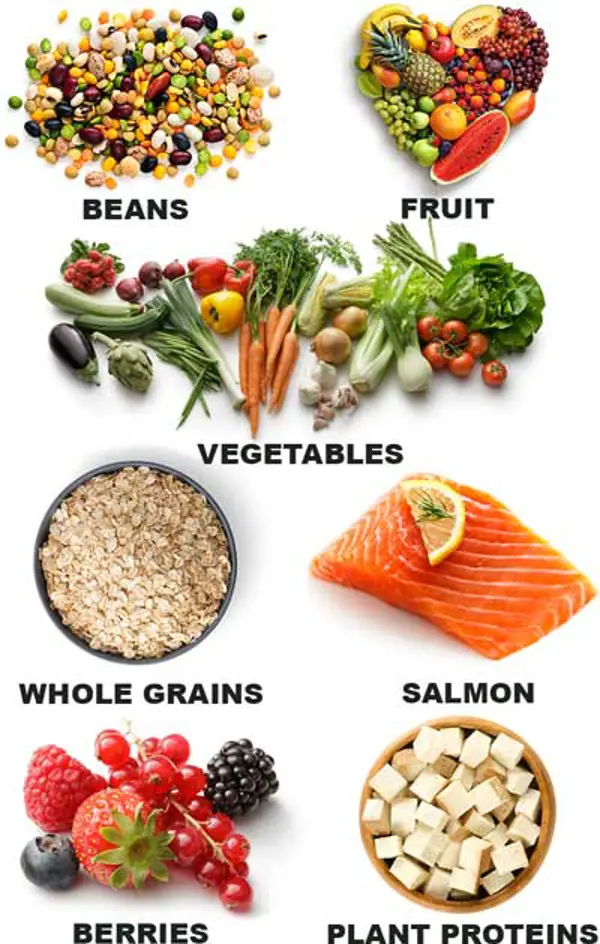
5. Importance of Portion Control
Learn how portion control plays a vital role in managing cholesterol levels and shedding extra pounds.
6. Including Superfoods in Your Diet
Discover the top superfoods that can help lower cholesterol and assist in your weight loss journey.
Superfoods are nutrient-rich foods that provide various health benefits. Incorporating these superfoods into your diet can help in lowering cholesterol levels and promoting weight loss.
1. Avocados
Avocados are packed with monounsaturated fats, which help in reducing bad cholesterol (LDL) levels and increasing good cholesterol (HDL) levels. They are also a great source of fiber and can keep you full for longer, aiding in weight management.
2. Oats
Oats contain a type of fiber called beta-glucan, which is effective in reducing LDL cholesterol levels. They also provide a good amount of energy and keep you satisfied, making them an excellent addition to a weight loss diet.
3. Blueberries
Blueberries are rich in antioxidants that help in combating harmful free radicals in the body. They also contain soluble fiber, which can help lower cholesterol levels. Additionally, blueberries are low in calories and can aid in weight management.
4. Walnuts
Walnuts are a great source of omega-3 fatty acids, which have been shown to reduce cholesterol levels. They are also high in protein and fiber, making them a satisfying snack that can promote weight loss.
5. Spinach
Spinach is a leafy green vegetable that is rich in nutrients and low in calories. It contains plant compounds called sterols, which can block the absorption of cholesterol in the body. Furthermore, spinach is highly fibrous, aiding in digestion and weight control.
6. Salmon
Salmon is a fatty fish that is abundant in omega-3 fatty acids. These healthy fats can help reduce cholesterol levels and promote heart health. Additionally, the high protein content in salmon can support weight loss by keeping you fuller for longer.
Including these superfoods in your daily diet can have a positive impact on your cholesterol levels and assist in your weight loss journey. However, it's important to consult a healthcare professional or a registered dietitian for personalized advice and guidance.
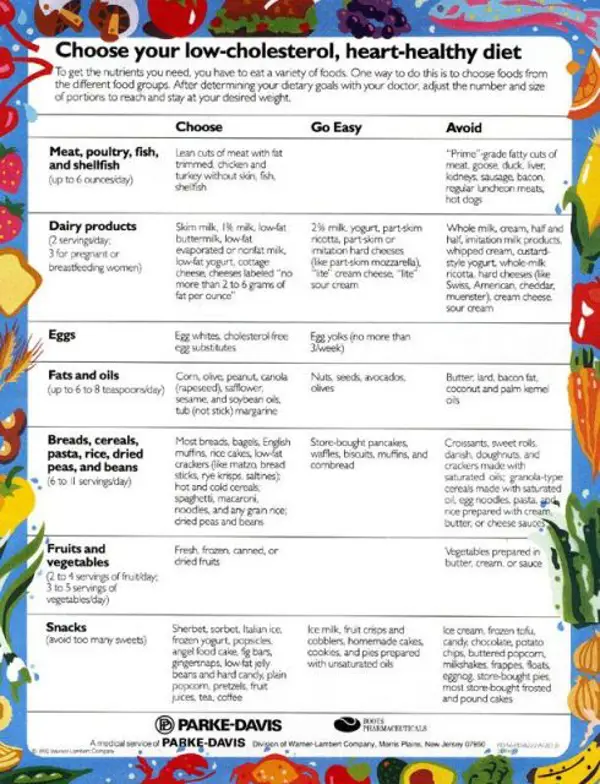
7. Tips for Sustainable Weight Loss
Get practical tips and strategies to maintain a healthy weight in the long term and avoid weight regain.
1. Set Realistic Goals
Start by setting realistic goals for your weight loss journey. Aim to lose 1-2 pounds per week to ensure a sustainable approach and long-term success.
2. Follow a Balanced Diet
Eat a balanced diet that includes plenty of fruits, vegetables, whole grains, lean proteins, and healthy fats. Limit your intake of processed foods, sugary drinks, and high-fat foods.
3. Portion Control
Pay attention to portion sizes. Use smaller plates, bowls, and cups to help control the amount of food you eat. Avoid going back for seconds and listen to your body's hunger and fullness cues.
4. Regular Physical Activity
Incorporate regular physical activity into your daily routine. Aim for at least 150 minutes of moderate-intensity aerobic activity per week, along with strength training exercises for all major muscle groups at least twice a week.
5. Stay Hydrated
Drink plenty of water throughout the day to stay hydrated. Water can help with appetite control and promote overall health.
6. Get Adequate Sleep
Prioritize quality sleep as it plays a vital role in weight management. Aim for 7-9 hours of uninterrupted sleep each night to support healthy metabolism and overall well-being.
7. Seek Professional Guidance
Consider seeking professional guidance from a registered dietitian or nutritionist. They can provide personalized advice and create a tailored plan to help you lower cholesterol, lose weight, and maintain a healthy lifestyle.
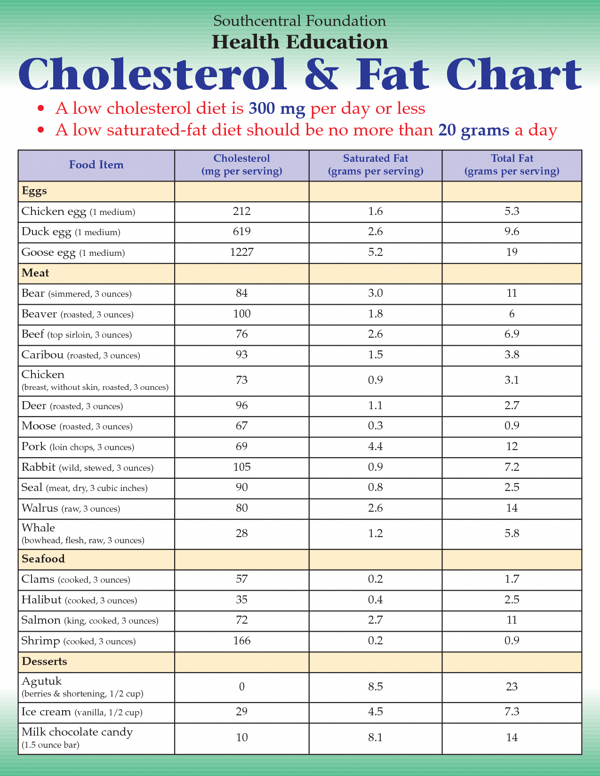
Key Takeaways
- Lowering cholesterol can reduce the risk of heart disease.
- A balanced diet rich in fruits, vegetables, whole grains, and lean proteins is beneficial for cholesterol management.
- Regular physical activity aids in weight loss and lowers cholesterol levels.
- Monitoring portion sizes and avoiding processed foods can support cholesterol reduction.
- Incorporating superfoods like nuts, avocado, and fatty fish can positively impact cholesterol levels.
FAQ
- Q: Can I still consume fats while on a cholesterol-lowering diet?
- A: Yes, but focus on healthy fats such as those found in olive oil, nuts, and seeds.
- Q: Are there any cholesterol-lowering medications available in the UK?
- A: Yes, there are several medications prescribed by doctors to help manage cholesterol levels.
- Q: Can I indulge in cheat meals while following this diet plan?
- A: Occasional indulgence is fine, but moderation is key to maintaining progress.
- Q: How long will it take to see results in cholesterol levels and weight loss?
- A: Results may vary, but significant improvements can be seen within a few weeks of consistent effort.
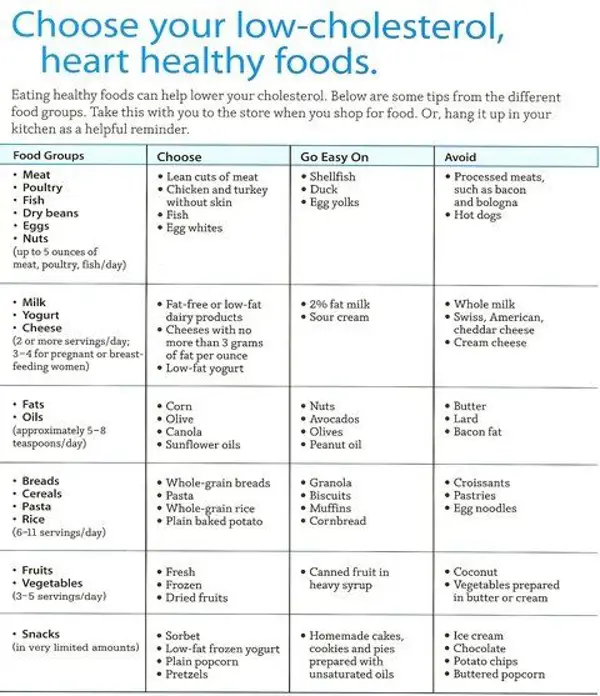


Recent Comments